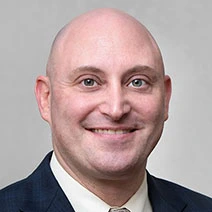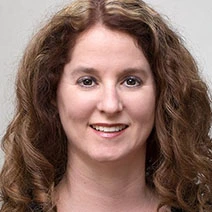Hospital mix-ups hurt kids
Drug errors affect 1 in 14 children, study says, more than was thought.
Medicine mix-ups, accidental overdoses and bad drug reactions harm about one of 14 hospitalized children, according to the first scientific test of a new detection method.
That figure is higher than earlier estimates and bolsters concerns that were already heightened by well-publicized cases such as the accidental drug overdose of actor Dennis Quaid’s newborn twins in November.
“These data and the Dennis Quaid episode are telling us that … these kinds of errors and experiencing harm as a result of your health care is much more common than people believe,” said Dr. Charles Homer of the National Initiative for Children’s Healthcare Quality whose group helped develop the detection tool used in the study. “It’s very concerning.”
Researchers found a rate of 11 drug-related harmful events for every 100 hospitalized children. That compares with an earlier estimate of two per 100 children, based on traditional detection methods.
The new estimate translates to 7.3 percent of hospitalized children, or about 540,000 kids each year, a calculation based on government data.
Simply relying on hospital staffers to report such problems had found less than 4 percent of the problems, detected in the new study.
Patient safety experts said the problem is probably even bigger than the study suggests because it involved only a review of selected charts. Also, the study didn’t include general community hospitals, where most U.S. children requiring hospitalization are treated.
Twenty-two percent of the problems were considered preventable, but most were relatively mild. None was fatal or caused permanent damage, but some “did have the potential to cause some significant harm,” said Sharek, medical director of quality at Stanford University’s Lucile Packard Children’s Hospital.

